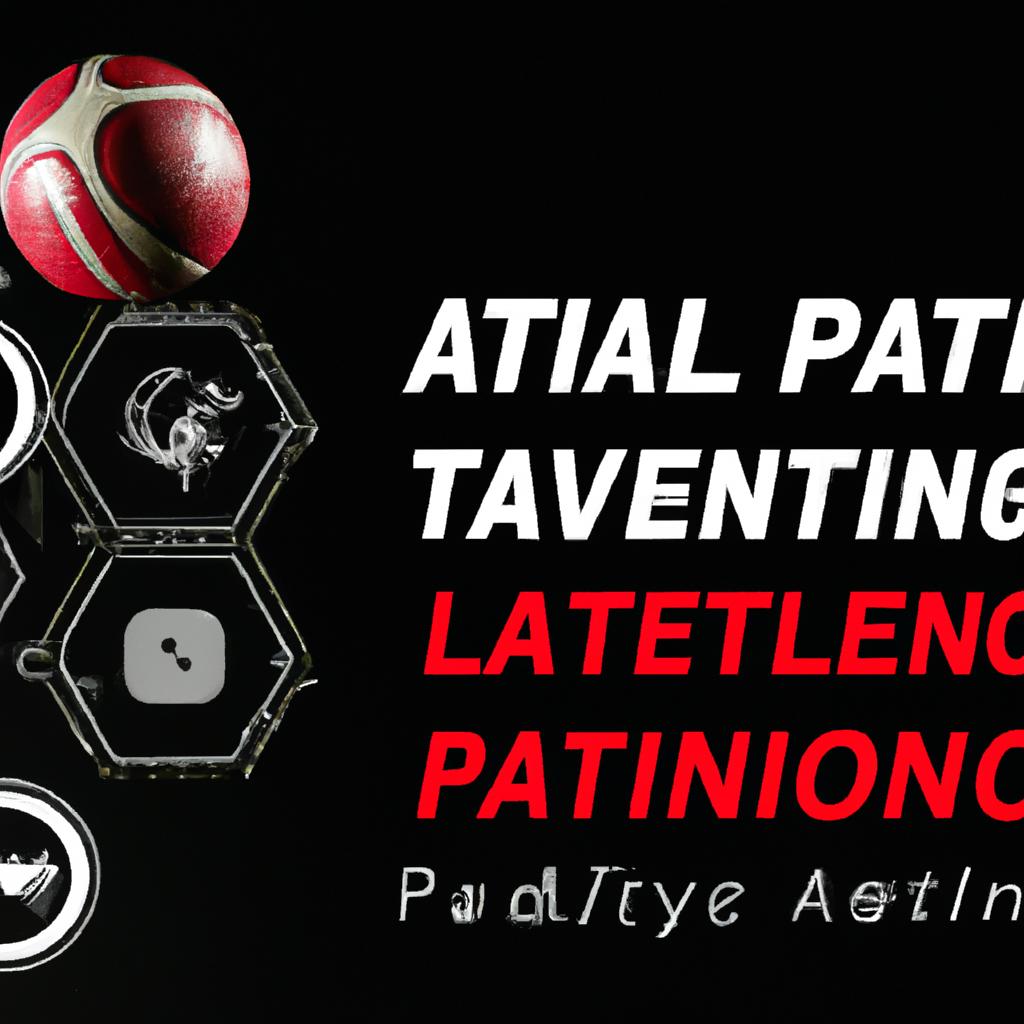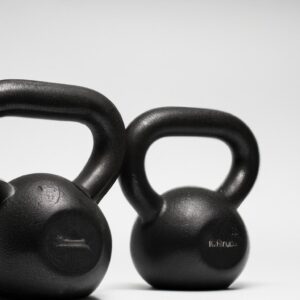Using AI-Powered Analytics to Optimize Performance Tracking in Team Sports: Strategies for Data-Driven Coaching
Optimize Performance Tracking in Team Sports with AI-Powered Analytics: Strategies for Data-Driven Coaching
Artificial intelligence (AI) has transformed many sectors, including sports. Coaches and athletes now use AI-powered analytics to optimize performance tracking. This technology helps teams gain insights from vast data amounts. As a result, teams enhance training, improve game strategies, and achieve better results.
Understanding AI-Powered Analytics
AI-powered analytics combines machine learning and data analysis to evaluate player performance. This technology processes data from games and training sessions. Coaches observe patterns and trends that are hard to identify otherwise. Therefore, they make informed decisions based on evidence rather than intuition.
Key Components of AI Analytics
AI analytics relies on several key components. First, data collection involves wearable devices, GPS trackers, and video analysis tools. These devices gather data on speed, distance, and player movements. Second, data processing uses algorithms to analyze this information. Coaches visualize performance metrics through graphs and heat maps. Finally, predictive modeling forecasts future performance and identifies areas for improvement.
Strategies for Data-Driven Coaching
Coaches must implement specific strategies to maximize the benefits of AI analytics.
Set Clear Objectives
First, coaches should define clear performance objectives. Understanding what to measure allows teams to focus their data collection efforts. For instance, a basketball team may prioritize shooting accuracy and defensive plays. Conversely, a soccer team may emphasize pass completion rates and player stamina.
Monitor Player Progress
Regularly tracking player progress plays a vital role in data-driven coaching. Coaches use AI analytics to compare individual performance over time. This practice motivates players to improve and sets benchmarks for success. Moreover, it helps identify strengths and weaknesses, allowing tailored training sessions.
Utilize Real-Time Feedback
In-game feedback enhances performance tracking. Coaches leverage AI to provide real-time insights during matches. For example, AI can analyze player positioning and suggest tactical adjustments. Consequently, players adapt and refine their strategies on the fly. This immediate feedback fosters a culture of continuous improvement.
Integrating Insights into Training Programs
Coaches must integrate insights from AI analytics into training programs.
Tailored Training Sessions
AI analytics allows for customized training sessions. Coaches design workouts that target specific areas of improvement. For example, if data shows a player struggles with speed, trainers focus on sprinting drills. This personalized approach keeps players engaged and motivated.
Injury Prevention Strategies
AI analytics also aids in injury prevention. By analyzing player data, coaches identify risk factors. For instance, if a player’s workload increases significantly, AI flags potential fatigue. Coaches adjust training loads to reduce injury risks. As a result, teams maintain a healthier roster throughout the season.
Game Strategy Optimization
Coaches can optimize game strategies using AI insights. By analyzing opponent data, teams develop tailored game plans. For example, if analytics reveal an opponent’s defensive weakness, coaches exploit it. Furthermore, AI suggests formations based on player performance metrics. This strategic use of data enhances a team’s chances of success.
Health Benefits of AI-Powered Analytics
AI-powered analytics not only improves performance but also contributes to athletes’ overall health.
Enhanced Mental Well-Being
Using data to track progress boosts athletes’ confidence. Players feel empowered when they see tangible improvements. Moreover, this data-driven approach reduces anxiety about performance. Athletes focus on their training rather than worrying about outcomes.
Improved Physical Conditioning
AI analytics promotes better physical conditioning. By tailoring workouts to individual needs, athletes achieve optimal fitness levels. Additionally, coaches monitor players’ recovery and adjust training loads accordingly. This attention to physical health allows athletes to perform at their best.
Long-Term Athletic Development
AI analytics supports long-term athletic development. By focusing on continuous improvement, athletes build sustainable careers. Coaches identify early talent and nurture it through data-driven strategies. Consequently, this approach leads to a more competitive and skilled team over time.
Conclusion
AI-powered analytics revolutionizes performance tracking in team sports. Coaches who embrace data-driven strategies gain a competitive edge. By setting clear objectives, monitoring player progress, and utilizing real-time feedback, teams optimize training. Moreover, integrating AI insights into training programs enhances physical conditioning and mental well-being.
In summary, AI analytics transforms coaching by providing valuable insights. This technology empowers coaches to make informed decisions and athletes to reach their full potential. As teams adopt AI-powered analytics, they will likely see significant improvements in performance and success.
Below are related products to the topic if you’re interested:
FAQ
What are the key benefits of using AI-powered analytics in team sports?
AI-powered analytics offers numerous benefits in team sports, including enhanced performance tracking, tailored training sessions, and injury prevention strategies. By analyzing vast amounts of data, coaches can make informed decisions that improve training effectiveness and game strategies, ultimately leading to better results on the field.
How can coaches implement AI analytics to monitor player progress?
Coaches can implement AI analytics by regularly tracking individual player performance over time. This involves setting clear performance objectives and using AI tools to gather and analyze data. By comparing progress, coaches can identify strengths and weaknesses, motivate players, and create customized training sessions that target specific areas for improvement.
In what ways does AI-powered analytics contribute to athletes’ health?
AI-powered analytics contributes to athletes’ health by enhancing mental well-being and improving physical conditioning. By tracking progress with data, athletes gain confidence and reduce performance anxiety. Additionally, customized training programs help maintain optimal fitness levels, while monitoring recovery can prevent injuries, ensuring athletes remain healthy throughout the season.















Post Comment